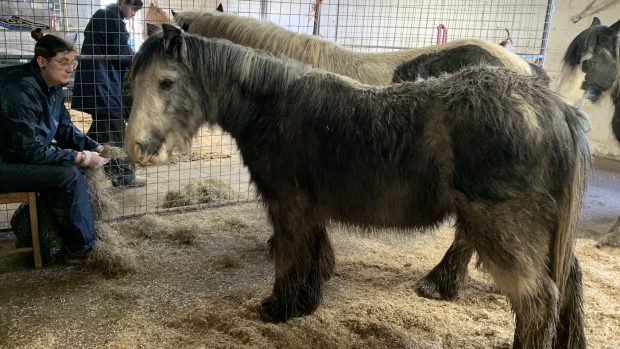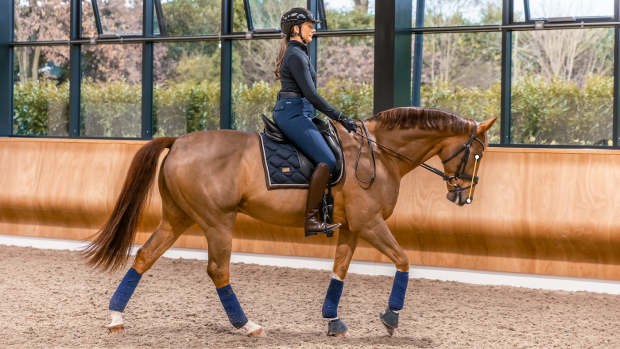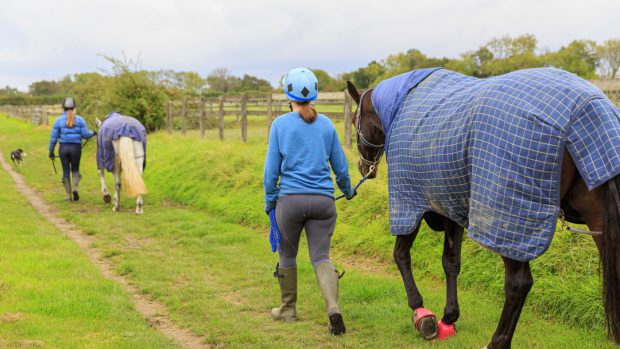HORSES at Spindle Farm were suffering from a “heavy lice infestation” and were unable to walk properly because of overgrown hooves, the James Gray trial heard yesterday (14 January).
Gray, wife Julie and daughter Cordelia, both of Spindle Farm, Hyde Heath, another daughter, Jodie, of Park Road, Ashford, Middlesex, and a teenage boy who cannot be named for legal reasons, each face 12 charges of cruelty under the Animal Welfare Act relating to 125 horses, ponies and donkeys.
Nicholas de Brauwere, the head of welfare and rehabilitation for the Redwings Horse Sanctuary in Norfolk attended the farm as part of an RSPCA investigation.
He told the trial at Bicester Magistrates Court: “I felt the animals would be very likely to suffer if their circumstances did not change with immediate effect.”
He said many animals were “effectively wild or unhandled”, and food and water supplies were “inadequate” in the farmyard and a field where many of the animals were kept.
Mr de Brauwere told the court: “As it was the depths of winter there was sparse grazing on the field and large areas of mud.
“I was of the opinion the amount of grazing on the field was inadequate to sustain the number, types and ages of equines on the field at the time.”
He said there was some hay but felt it was inadequate for the number of horses and ponies in the field.
He said the pens in the yard were “overcrowded”, which he said meant some animals could not feed.
“I felt there were health issues with the majority of the animals. Their behaviour and demeanour was dull and depressed. I felt they were listless and showing very low levels of activity, apart from squabbling over feed when it was present in the pens.”
Mr de Brauwere was asked to describe the health problems being suffered by the equines and told the court: “The clinical signs I could see included collection of discharge, mucus and pus in the corners of the eye.
“The hair coat was of poor quality. There were bald patches and the coat was not always thick enough to provide full winter protection. There was a lot of soiling on the coat, beyond what I would consider typical or normal in that situation.”
He added there was “a heavy lice infestation”, which led to the animals itching “fairly frantically”. In some cases this had caused trauma to the animals’ skin.
There was also evidence of an equine respiratory disease called ‘strangles’, with some animals suffering abscesses, coughing and pus discharge. He also said he examined many animals with “significantly overgrown” hooves.
One of the pens contained evidence of the remains of a dead animal, the court heard. Water troughs in many of the pens contained faeces, he said, which “inhibited” the animals from drinking. This would have led to dehydration and colic, he said. Many were already suffering from diarrhoea.
In all, 13 horses and eight ponies were taken into care by Redwings. One animal was described as having a “dull” coat, and was “very nervous and not used to being handled”. Another pony was described to the court as having “scabby skin, scales and crusting”.
Mr de Brauwere was not cross-examined by the defence.
The trial continues.




